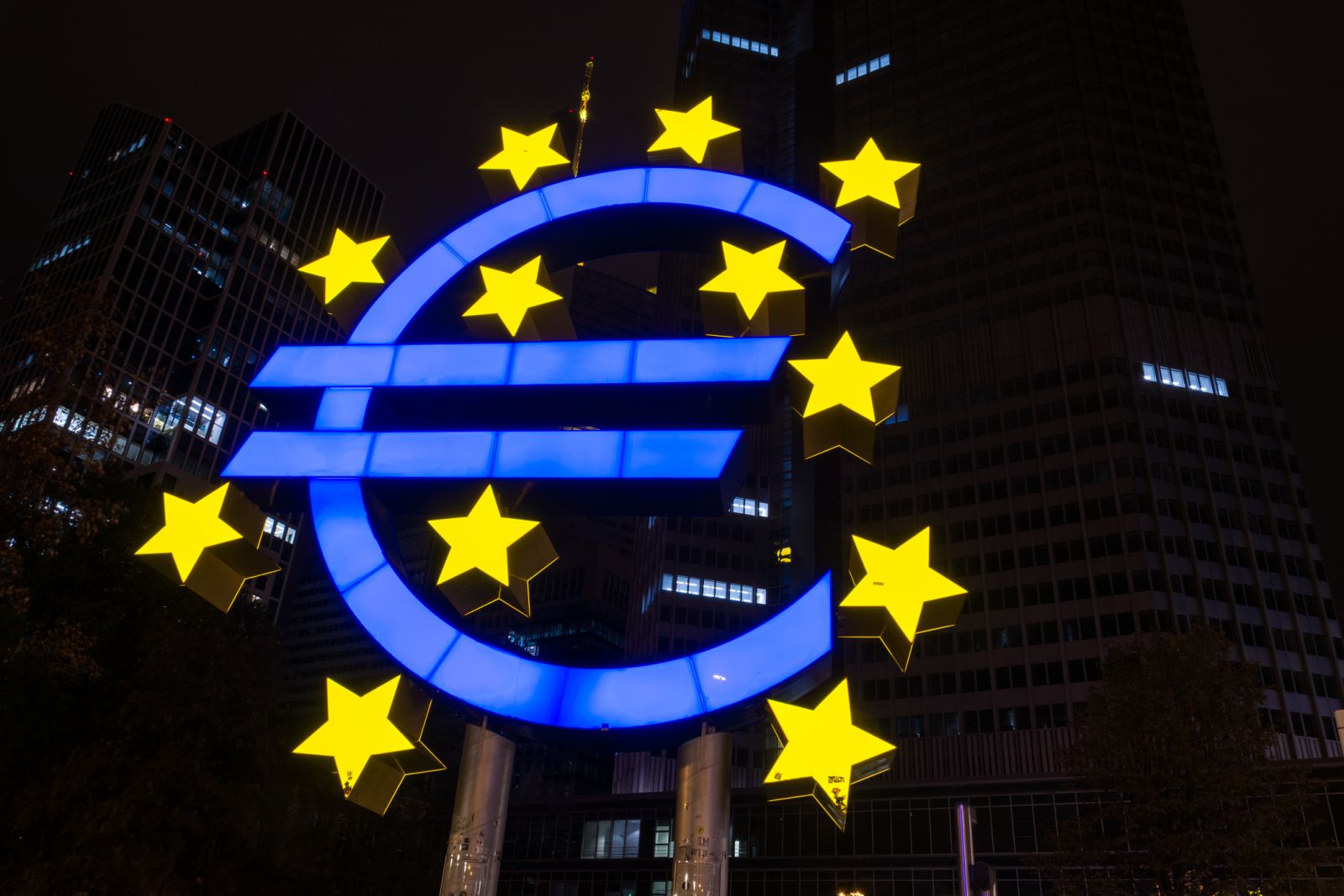- Market Overview
- Futures
- Options
- Charts
- Custom Charts
- Spread Charts
- Market Heat Maps
- Historical Data
- Stocks
- Real-Time Markets
- Trading Calendar
- Futures 101
- Commodity Symbols
- Real-Time Quotes
- CME Hedging Resource Center
- Farmer's Almanac
- USDA Reports
- Markets/News
Why is the European bond market nervous?

Since September 2023, the ECB has cut its main refinancing rate from 4.50% to 2.15%. That should have calmed things down and pushed down government bond yields. Cheaper money usually means higher bond prices. However, yields in the largest European economies (Germany and France) are rising.
So what is going on?
For one, the link between easier monetary policy and stronger bond demand isn’t automatic. Investors don’t just pile in because rates are lower — they need to feel confident about the outlook. And right now, that confidence is missing. Even the talk of a potential trade deal with the U.S. hasn’t shifted sentiment.
The fact that the risks outweigh the opportunities is scaring investors.
First, geopolitics continues to cast a long shadow. The war on Europe's doorstep shows no signs of ending, despite mediation attempts by figures such as Donald Trump. In this environment, the only clear beneficiary has been gold (XAUUSD), which investors view as a safe haven.
Then there are the fiscal headaches, with France being the most prominent problem. Last year, the country's credit rating was downgraded from AA to AA-, due to rising debt and years of large deficits. The debt-to-GDP ratio has exceeded 114% (up from 65% less than two decades ago), while the budget deficit is 5.8% of GDP.
The government faces an uncomfortable situation with little room to raise taxes further and limited capacity to cut spending. The situation is so tense that the prime minister asked Macron to call an extraordinary parliamentary session to put a motion of confidence to a vote even before the budget debate began.
Germany is not in much better shape. The economy fell back into recession in Q2, with GDP falling by 0.3% quarter-on-quarter and 0.2% year-on-year. German Chancellor Merz has openly admitted that the country is facing a “structural crisis” and expects cuts in social programs just to keep the deficit under control.
All this comes as Europe commits to ramping up defense spending to 5% of GDP. If governments fully use a new budget escape clause, that could add as much as €800 billion in costs by 2030. It’s hard to see how fragile public finances can absorb that blow without making bond markets even more nervous.
So, what next?
Unless the geopolitical storm clears, it’s difficult to see investors rushing back into eurozone debt. Even if the war ends tomorrow, France’s deficit won’t magically shrink and Germany’s growth won’t suddenly roar back. On top of that, the EU’s unfinished trade deal with Washington hangs over the market like another cloud.
As for further rate cuts by the ECB, why should they do so now if previous reductions failed to help?